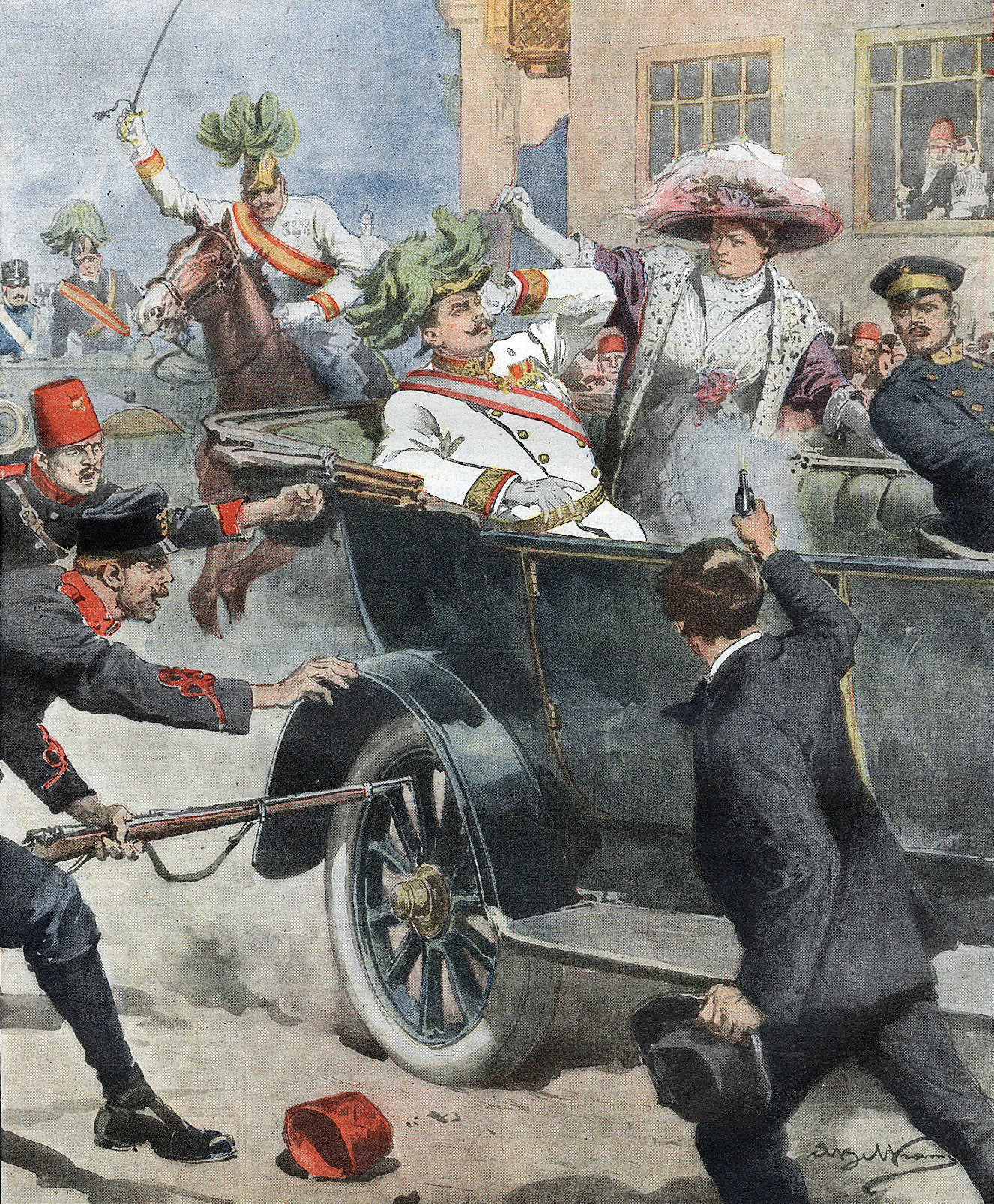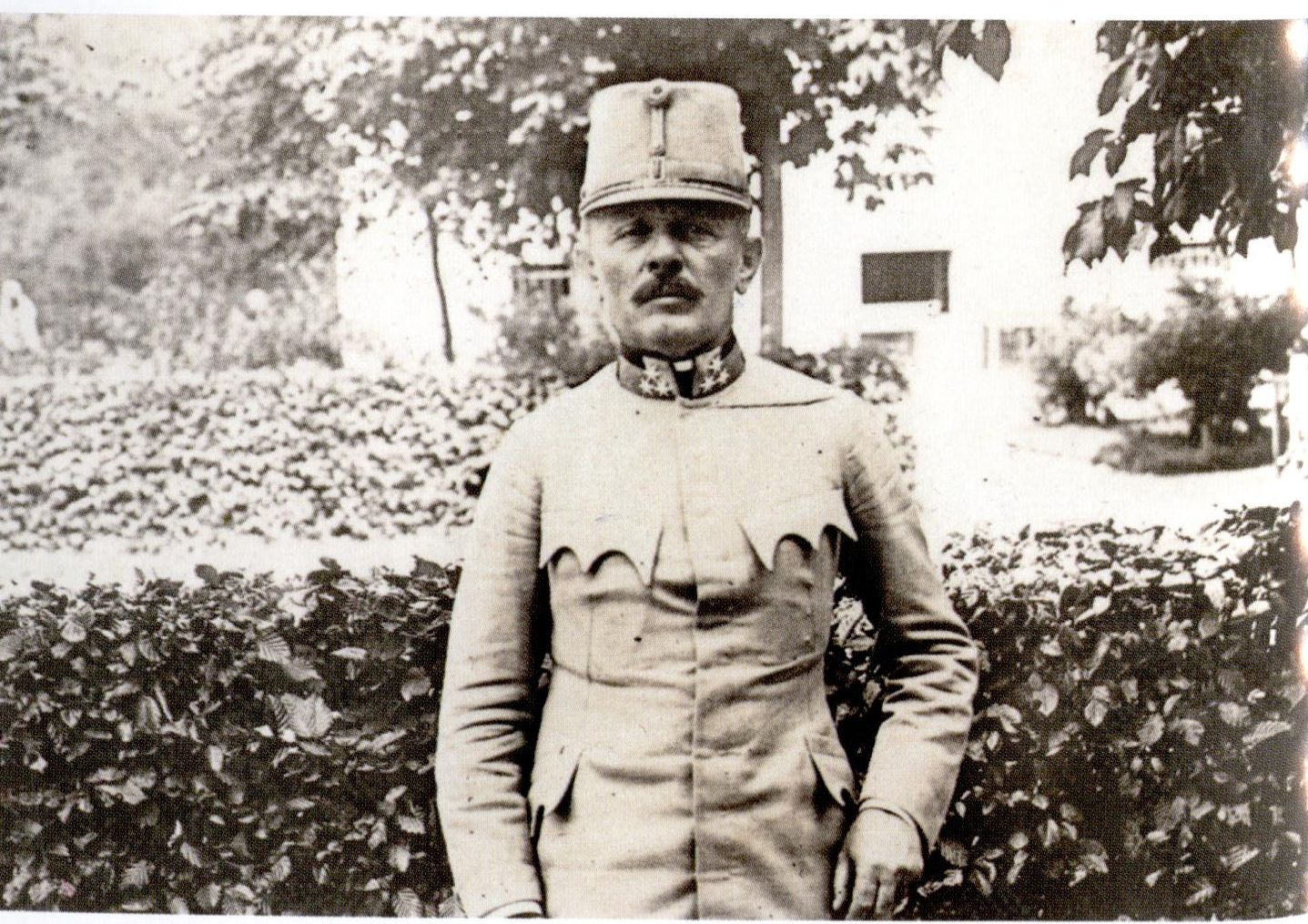Italian front 1915-1917 along the Isonzo river - 2021
Special | A | B | C | D | E | F | G | H | I | J | K | L | M | N | O | P | Q | R | S | T | U | V | W | X | Y | Z | ALL
S |
|---|
Svetozar Boroević von Bojna
Svetozar Boroević von Bojna was born on 13 December 1856 and died on 23 May 1920.
This field marshal came from a military frontier family from Croatian Umetic. In 1872 he joined the Budapest 52nd Infantry Regiment as Lieutenant. At the age of 22, he participated in a military campaign in Bosnia, where he distinguished himself in fighting for Sarajevo. In 1884 he graduated from the General Staff school and became a teacher of tactics at the Theresian Military Academy in Winer Neustadt. He rose steadily through the ranks and in 1905 was promoted to the nobility, adding the suffix “von Bojna” to his surname.
After Italy´s war declaration, he was posted to the Isonzo front as commander of the 5th Army, with which he fought eleven battles on Isonzo. Upon their completion, he took part in the offensive at Piave in October 1917. During the final fighting on the Italian front in 1918 he commanded a group of troops bearing his name. A final promotion to field marshal ensued in 1918. Following the collapse of Austria-Hungary, Boroevic retired in December 1918.
After the war, his personal property was confiscated by his compatriots. The Croatian government refused to grant him a pension, so he lived in poor conditions, existing only from a small stipend from the Military Order of Maria Theresa in Klagenfurt. There he died of a heart attack. In 1920 his remains were transferred to Vienna, where they were entombed with the front soldiers in the arcades of the Vienna Central Cemetery.
Source: JORDAN, D.: The Balkans, Italy and Africa 1914-1918, London 2008. FUČÍK, J.: Soča (isonzo) 1917, Bojiště českých dějin, Prague-Litomyšl. 1999.
Svetozar Boroević von Bojna
Source: Manfried RAUCHENSTEINER, Waffentreue (Die 12. Isonzoschlacht 1917), Wien 2007.
| ||


